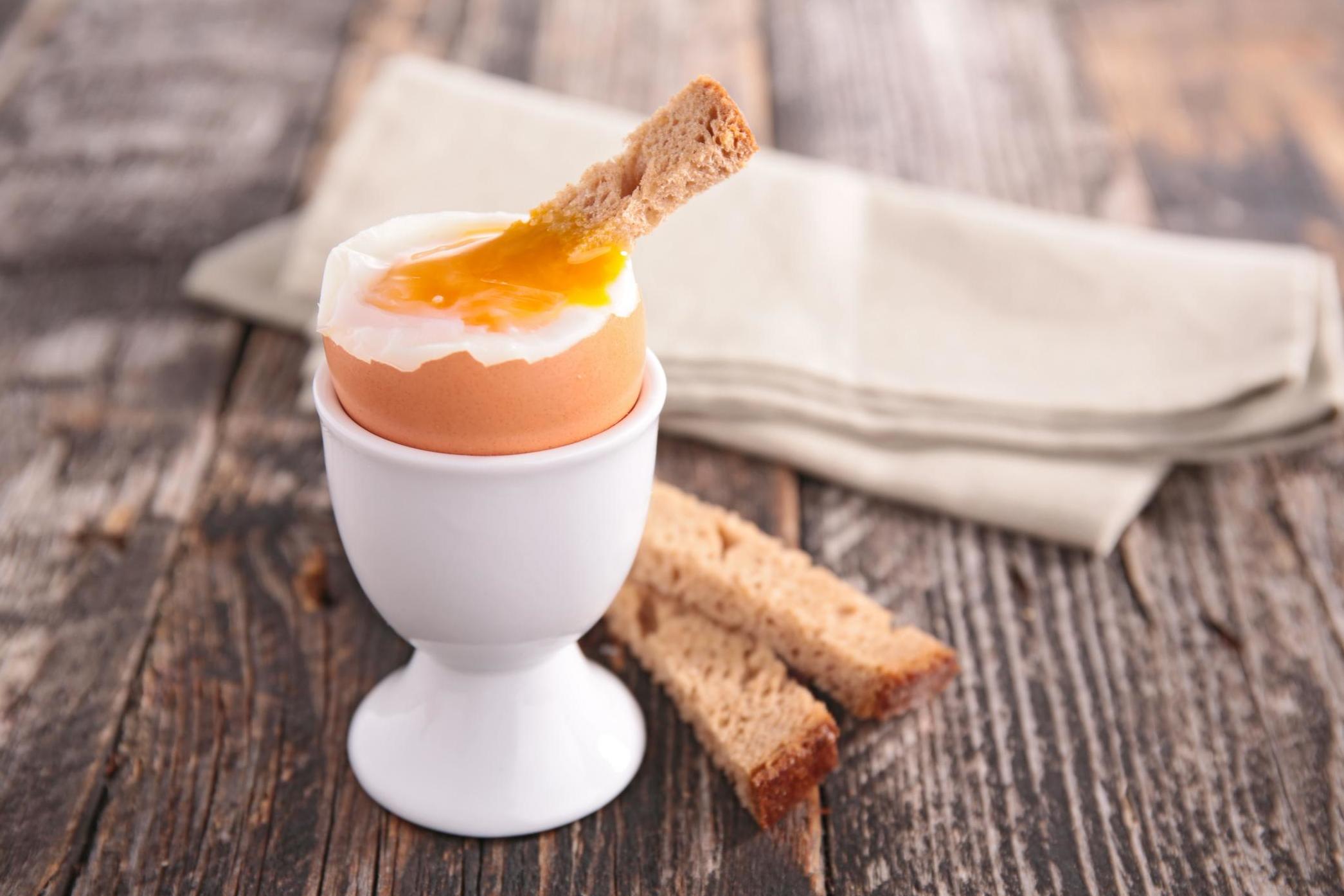Raw eggs deemed safe for pregnant women by watchdogs, 30 years since salmonella crisis
The biggest thing to happen to eggs since toast

It is officially safe to eat runny eggs, the Food Standards Agency have confirmed.
Almost 30 years after the salmonella crisis, the food safety watchdog have confirmed that vulnerable groups previously thought to be at risk from eating raw eggs can now freely consume them.
Infants, pregnant women and the elderly had historically been advised to steer clear of soft boiled eggs, as the raw yolk was assumed to contain the salmonella bacteria which could subsequently cause a serious infection.
The new advice first came to light in a report published by the Advisory Committee on the Microbiological Safety of Food (ACMSF) published in 2016, which revealed that the presence of salmonella in British eggs had “dramatically reduced” in recent years.
The FSA have now revised their guidelines on the basis that the risk of UK eggs containing the salmonella bacteria was “very low.”
However, the new advice applies exclusively to eggs that have been produced according to the British Lion code of practice, which can be identified via the indicative red stamp.
Luckily, more than 90 per cent of UK eggs are produced under this scheme.
For all other eggs, pregnant women and other vulnerable groups are still advised to avoid eating raw yolks.
“It's good news that now even vulnerable groups can safely eat UK eggs without needing to hard-boil them, so long as they bear the British Lion mark,” explained Heather Hancock, FSA chairwoman.
"The FSA has thoroughly reviewed the scientific evidence about the safety of these eggs, and we're confident that we can now change our advice to consumers.
"The major reduction in the risk of salmonella in Lion eggs is testament to the work carried out by egg producers. The measures they've taken, from vaccination of hens through to improving hygiene on farms and better transportation, have dramatically reduced salmonella levels in UK hens."
How do you like your eggs in the morning?
Join our commenting forum
Join thought-provoking conversations, follow other Independent readers and see their replies
Comments
Bookmark popover
Removed from bookmarks